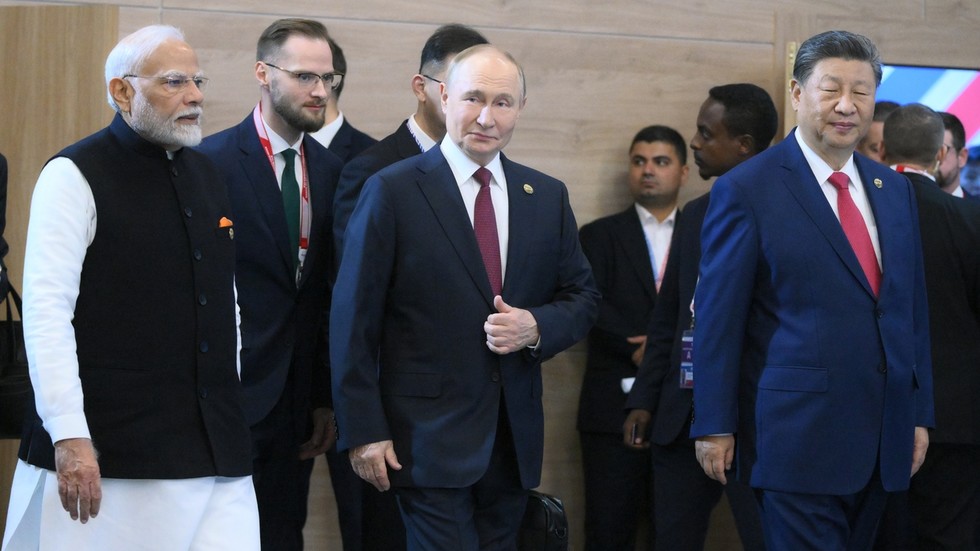The 16th BRICS Summit held in Kazan marked a significant turning point for the organization, with implications that will unfold over time. Manish Chand, CEO of the Global India Centre, emphasizes that the summit served as a catalyst for changing the international order in a meaningful manner. The context of the summit was particularly critical, as tensions between Western nations and the rest of the world have widened, highlighting the need for a new approach to global governance. The results signaled BRICS’ intention to carve out a space that reflects the aspirations of the Global South, tackling pressing issues such as climate finance, debt relief, and sustainable development—areas where traditional Western institutions like the IMF and World Bank have been perceived as inadequate.
The enlargement of BRICS with the inclusion of countries like Algeria, Uganda, and Nigeria, signifies a recognition of Africa’s rising influence on a global scale. Similarly, Latin American countries such as Bolivia and Cuba are moving toward cooperation with the organization. The new partnerships with Southeast Asian nations, including Indonesia, Malaysia, Thailand, and Vietnam, also underline the group’s desire to enhance its global outreach. The unprecedented interest from over 30 countries to join BRICS suggests that it is becoming an increasingly attractive platform for countries looking to engage in discussions outside the Western-dominated frameworks.
At the heart of the summit was the Kazan Declaration, an ambitious document that articulates a vision for a more equitable world order. The declaration emphasizes the importance of multilateralism and institutional reform, particularly within global financial and governance institutions like the UN, IMF, and World Bank, which have historically favored Western powers. India’s involvement, especially Prime Minister Narendra Modi’s advocacy for a “people-centered BRICS,” underscores the collective commitment to ensure that emerging and developing countries are adequately represented in global governance spaces.
Despite this profound step toward establishing a multipolar world order, the path forward is fraught with challenges. The enlarged BRICS must navigate the complexities of maintaining unity and coherence, as the new members and partners bring diverse interests to the organizational agenda. This diversity may lead to competing priorities, which could potentially threaten the group’s effectiveness. Moreover, scrutiny from Western nations, who may downplay the summit’s significance and criticize its expansion, adds another layer of complexity. BRICS leaders face the challenge of molding the organization not into an anti-Western faction, but rather into a platform that offers alternative narratives in global discourse.
The potential for BRICS to shape a new international order hinges on its ability to manage internal dynamics and external perceptions effectively. This involves creating a balance between different member states’ interests while also promoting a unified front that champions reforms aimed at making global institutions more inclusive, equitable, and reflective of the shifting power dynamics in international relations. The success of BRICS will depend on its capacity to foster collaboration among its members and create a coherent vision that resonates with the aspirations of both new and existing members.
In conclusion, the Kazan Summit symbolizes a landmark moment for BRICS as it embarks on a journey toward redefining the global order in a way that amplifies the voices of emerging and developing countries. As the organization expands and transforms, it holds the promise of being a crucial player in advocating for reforms that address long-standing imbalances in international governance. The commitment demonstrated during the summit is a testament to the collective resolve of the member states to pursue a fairer world, although success will require navigating numerous challenges along the way. The attention of the world remains fixed on BRICS as it strives to fulfill its vision for a more representative and just global framework.

